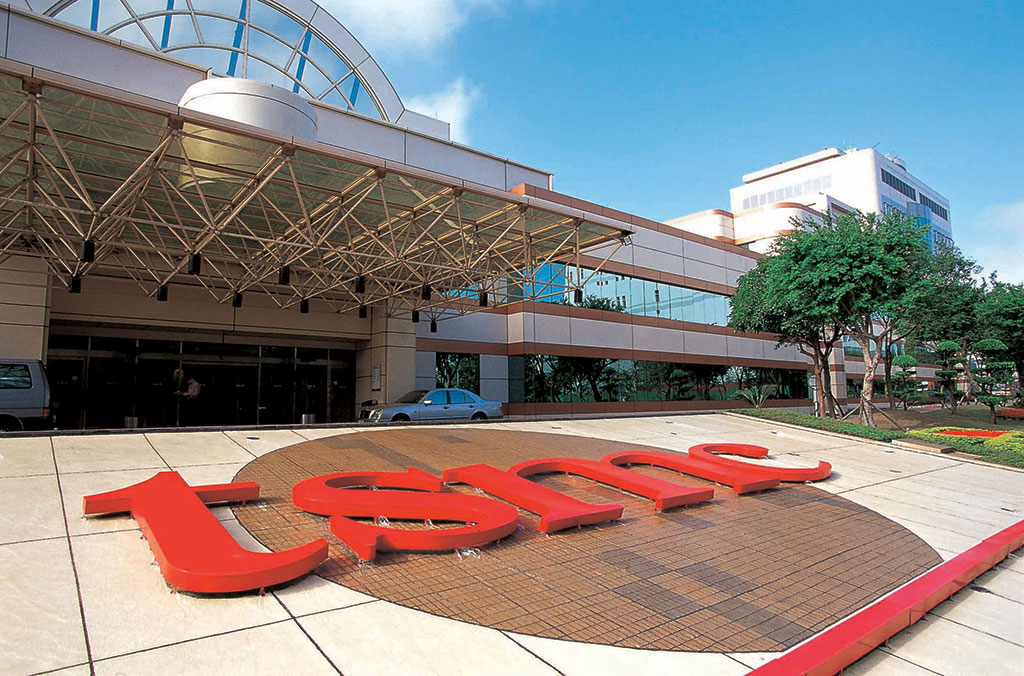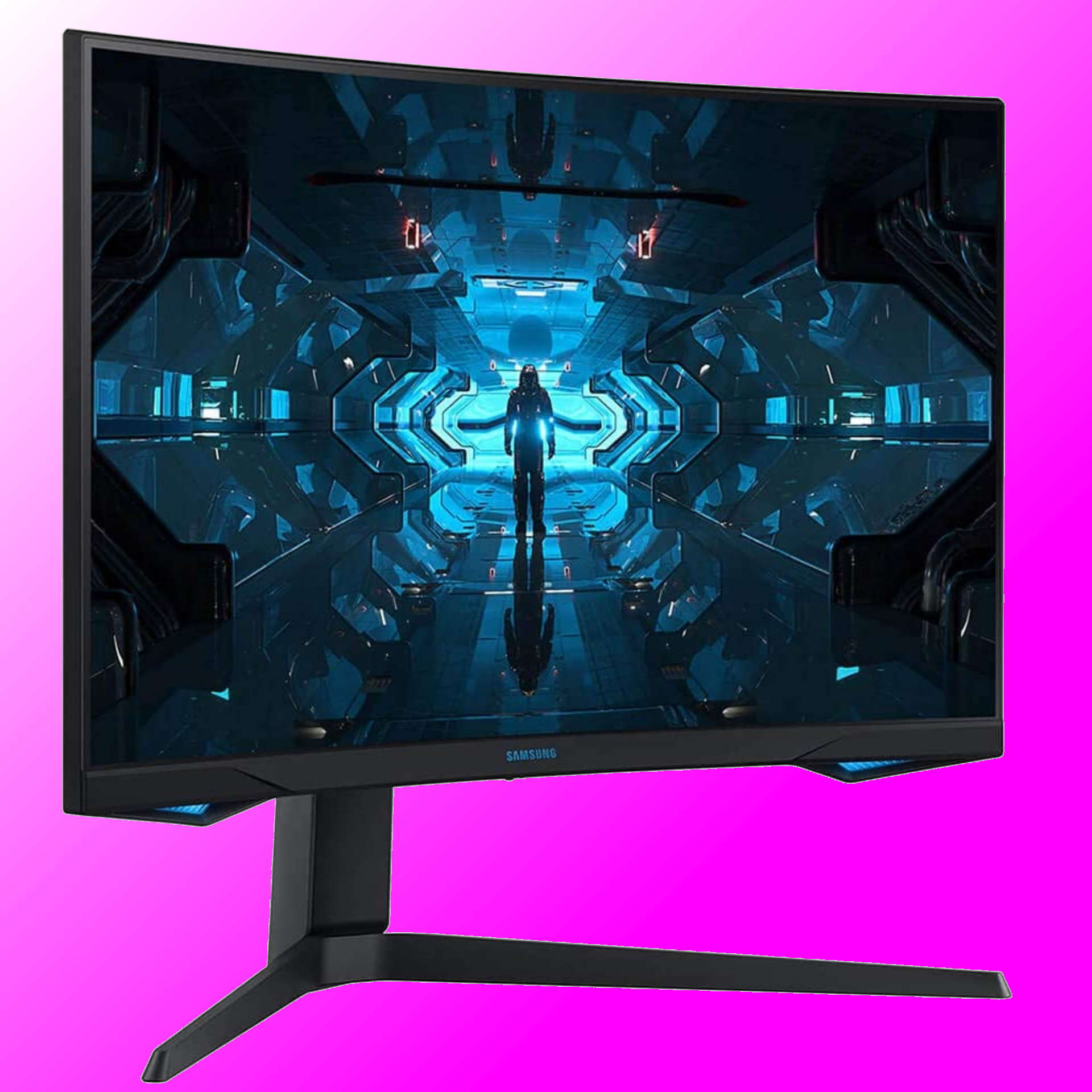
The law's designed to keep other countries one node behind Taiwan at all times.
Over the past few years things have changed rapidly in the silicon space. Whether it’s legitimate shortages or government restrictions, the world of chip making just can’t seem to catch a break. Now the new Trump tariffs have been taking effect, and Taiwan is fighting back with its prominent chip maker TSMC.
The introduction of tariffs alongside government incentives have been enough to entice chip makers, such as TSMC, to start investing more in offshore production. This means moving its world class fabrication facilities all over the globe. Production fabs have started cropping up over the EU and the United States, with TSMC investing over $100 billion into just the latter.
This large investment seems to have Taiwanese officials a bit on edge. According to WCCFTech, media in Taiwan have already reported on the passing of Article 22 of the Industrial Creation Ordinance, a policy created specifically to retain high-tech chip making for the country.
The ordinance ushers in a new “N-1” policy for Taiwan, which is pretty true to its namesake. Essentially the policy states that other countries can only fabricate chips up to 1 generation behind whatever wiz-bang production Taiwan is currently up to. If Taiwan is working on 1 nm or N1 chips, then all other countries with TSMC fabs can only go up to 2 nm or N2. Basically keeping the rest of the world back one node like a much larger bully keeping smaller children away with an outreached hand on their tiny frustrated foreheads, while their scrawny arms swing hopelessly into the air.
This isn’t too much of an issue at the moments as TSMC’s new overseas plants are designed to fabricate chips a few steps behind, anyway. In the United States, for example, the Arizona plant is set up to currently produce chips on a 4 nm process with sights set on 3 and 2 nm in the future. And they’re looking to add a 30% tax to these United States made chips to boot. Freedom fries, indeed.
Still, making a policy for it does imply Taiwan is at least a little bit worried about the current state of affairs, and we can’t really blame them. Between ever changing Trump tariffs and the constantly evolving state of tech production, the ground of silicon has become a shaky one to stand on.
Best gaming monitor: Pixel-perfect panels.
Best high refresh rate monitor: Screaming quick.
Best 4K monitor for gaming: High-res only.
Best 4K TV for gaming: Big-screen 4K PC gaming.






